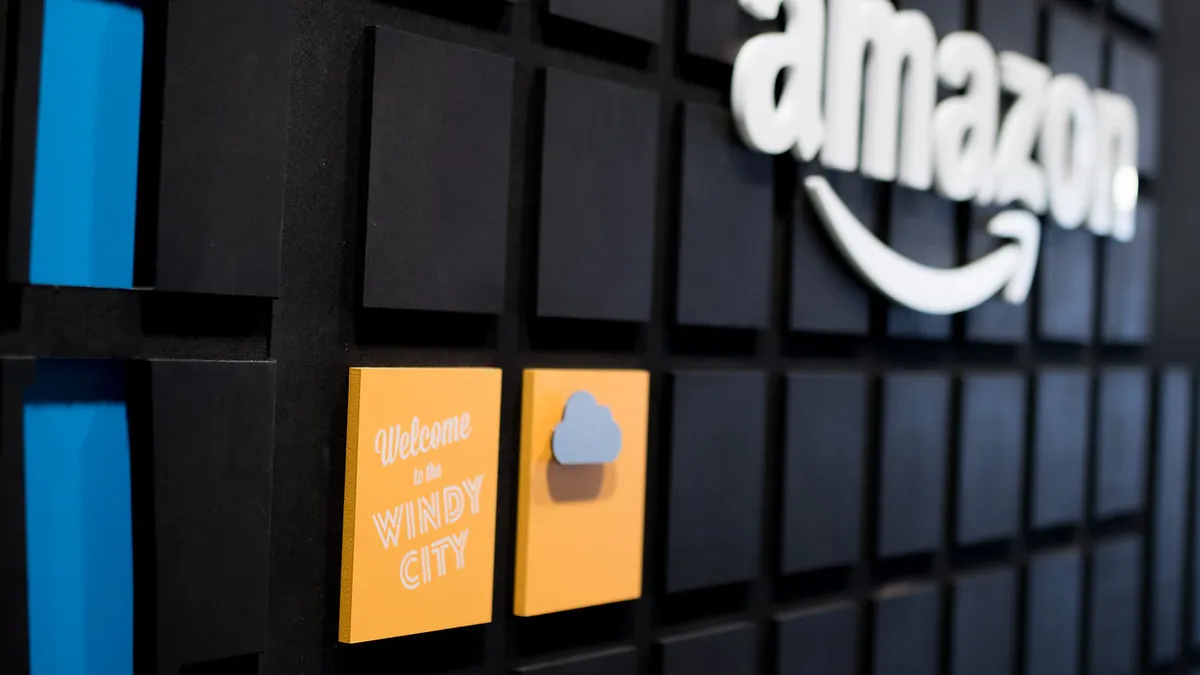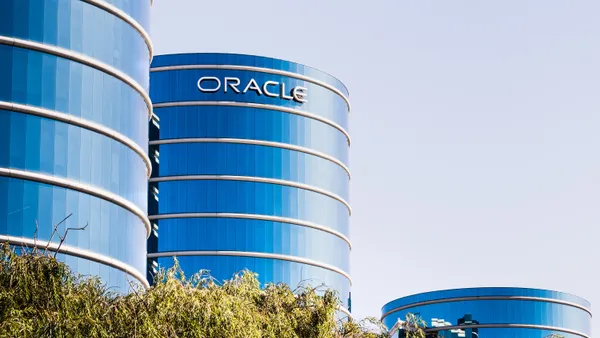Dive Brief:
- Amazon is joining other large tech companies in offering on- and near-site clinics to provide primary care for its employees, the e-commerce giant announced on Tuesday.
- Seattle-based Amazon will pilot 20 primary care centers in Dallas-Fort Worth; San Bernardino-Moreno Valley, California; Louisville, Kentucky; Phoenix; and Detroit, covering 115,000 employees and their families with additional plans to scale in 2021 if the clinics are successful.
- The so-called Neighborhood Health Centers will be run and staffed by 10-year-old national medical group Crossover Health, which works with self-insured employers on primary care for their workforce.
Dive Insight:
With the news, Amazon joins a long list of Silicon Valley giants offering onsite health clinics for their employees — many of which are operated and staffed by Crossover Health. The venture-backed startup runs employee clinics for a handful of household names, including Apple, Facebook and Microsoft.
Crossover, which runs almost 30 clinics across six states and has estimated annual revenue of $34 million, operates outside of the fee-for-service model. Instead, employers pay the company a fixed monthly fee for each member, saving them an average of 20% on healthcare costs, per Crossover's internal data.
The health centers, which will be located near Amazon's sort centers, delivery stations and fulfillment centers, will provide acute, chronic and preventive primary care, along with prescription medications, vaccinations, behavioral health services, physical therapy and more, in person and via telehealth.
The clinics will be treated as accepted in-network providers by Amazon's health plans. Depending on their coverage, employees may have to pay out-of-pocket fees, an Amazon spokesperson told Healthcare Dive. Employees that aren't covered by a plan through Amazon can use the centers for a $55 visit charge.
The first site, in Las Colinas, Texas, will be open until 9pm and offer virtual care 24/7. Sites launching later in the pilot will have later in-person hours.
Amazon touted its employee benefits, which include a $15 minimum wage and insurance for full-time employees, in a Tuesday release on the news. But the company has faced backlash from lawmakers and unions over what they see as limited measures to protect fulfillment center employees from virus transmission at work and for squashing efforts to unionize generally. At least nine Amazon workers have died from COVID-19.
Following the purchase of at-home prescription drug delivery business PillPack in 2018, Amazon's closest competitors in the health sector are retail pharmacies like CVS Health and Walgreens. Both players have also forayed into direct-to-consumer primary care in a bid to expand their footprint in the nascent market.
Walgreens on Wednesday announced it was investing $1 billion to build out a nationwide network of 700 primary care clinics over the next five years, in partnership with medical services provider VillageMD. For its part, CVS plans to operate 1,500 HealthHUBs, stores that designate at least a fifth of floor space to health products, by the end of 2021, along with its current fleet of 1,100 walk-in medical clinics.
Retail giant Walmart, which runs health clinics in several stores, is also piloting a health superstore in Dallas, Georgia, which offers primary care, dental care, vision care and psychiatric and behavioral health counseling.
The Neighborhood Health Clinics differ from CVS, Walmart and Walgreen's health-focused locations, however, as they're exclusively for Amazon's 650,000 U.S. employees. Major employers, which cover more than 55% of the country, have scrambled in the past few years for ways to lower ever-rising healthcare costs.
Amazon partnered with J.P. Morgan and Berkshire Hathaway on a highly publicized venture to cut costs for their collective 1.2 million employees, called Haven. But two years later, the Boston-based nonprofit has borne little fruit due to high employee turnover and overlap with Amazon's other health initiatives, like a virtual-first primary care program for Seattle area employees.
However, when asked whether they would consider expanding to the public at large, Amazon didn't quash the idea, telling Healthcare Dive: "Amazon will evaluate how effective the NHCs are at serving the health and wellness needs of Amazonians. If successful, Amazon will consider expanding the program to other regions."
Editor's note: This piece has been updated to include more details on the clinics from Amazon.















